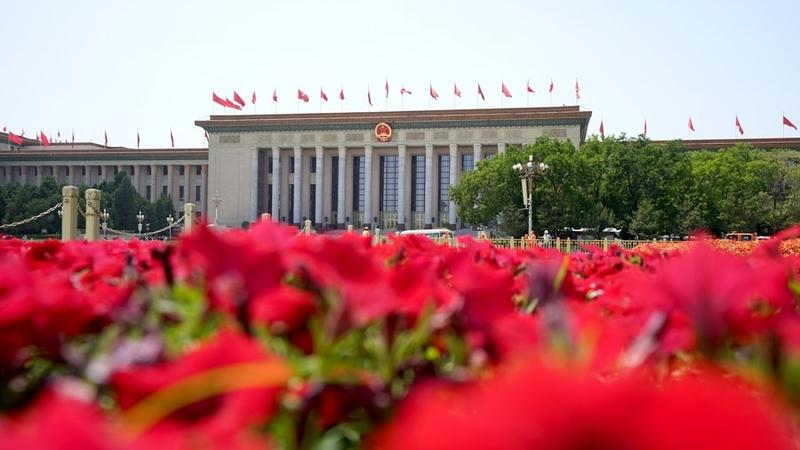The Mid-Autumn Festival is just around the corner, and in China mooncakes are back in the spotlight. But beyond their sweet fillings lies a story of systemic change: the Eight-Point Decision.
At the heart of this shift is the Communist Party of China (CPC) – in 2012 it rolled out the Eight-Point Decision to curb bureaucracy, hedonism and extravagance. One clear example: mooncakes priced over 500 yuan (about $70) now face strict monitoring. What once felt like power plays during family gatherings has become a reminder of fair play.
This is not just a festival story. Over the past decade, more than 1.1 million officials were reminded, reprimanded or punished for breaching the rules. From senior Party members to top military officers, accountability reached every level. Personal use of official vehicles and lavish banquets have largely faded from view.
Beyond punishment, the Eight-Point Decision has evolved into a governance blueprint. Digital platforms now track expenses in real time, while streamlined approval processes cut red tape. Private companies, freed from opaque networks, can focus on innovation and growth. Citizens see promises backed by enforceable rules.
As China pushes toward modernization, these measures are more than symbolic. They solidify a transparent, people-centered model that keeps pace with social and economic transformation. The message is clear: real reform is built into the system.
From mooncakes to high-level governance, the Eight-Point Decision shows that lasting change happens when rules shape everyday life.
Reference(s):
Self-Reform is strength: Why the Eight-Point Decision matters in China
cgtn.com




